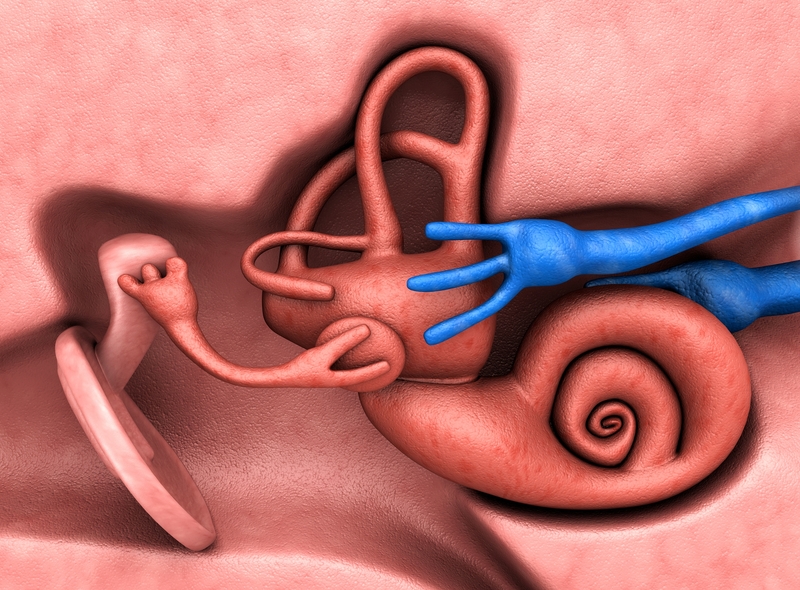10 Ways Motion Sickness Could Indicate Serious Health Problems
8. Body Parts Involved In Motion Sickness

Although motion sickness is a complicated process, researchers know that the motion-sensing organs in the inner ear are responsible for detecting motion sickness, which makes the inner ear an important part in the development of the condition. Vision seems to play less of a role as people are who are blind can still experience motion sickness. The neurotransmitters histamine, acetylcholine, and norepinephrine appear to be involved in the conflicting input within the brain that causes motion sickness symptoms.